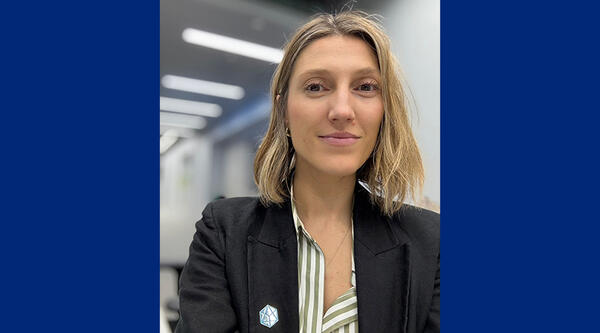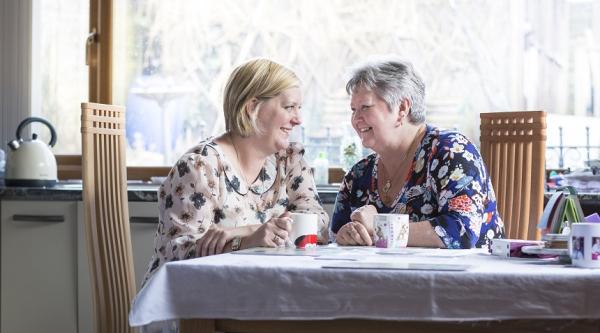Cognitive reserve
From our winter 2016 issue of Care and Cure magazine, find out more about new research that indicates women typically have better verbal memory skills compared to men.
Women typically have better verbal memory skills compared to men, and new research indicates that this could make them more resilient to damage caused to brain cells in the early stages of Alzheimer’s disease.
The research, conducted at Albert Einstein College of Medicine in New York, included 254 people with Alzheimer’s, 672 people with mild cognitive impairment and memory problems, and 390 people with no thinking or memory problems.
The researchers measured how much glucose – a simple sugar that provides energy for the body’s cells – was used in the temporal lobe, an area of the brain important for memory. This gave a measure of how well brain cells were functioning, which was compared to verbal memory skills.
Women scored better on verbal memory tests than men, even when both groups had mild to moderate reductions in how much glucose was used, or metabolised, in the brain. Once people had more advanced metabolism reduction, there was no difference in the test scores between women and men.
This result adds weight to the ‘cognitive reserve’ theory, which suggests that the way people use their brains throughout life may help them to be more resilient to brain cell damage caused by Alzheimer’s disease.
Other aspects thought to increase cognitive reserve include having an intellectually challenging job and higher levels of education.






